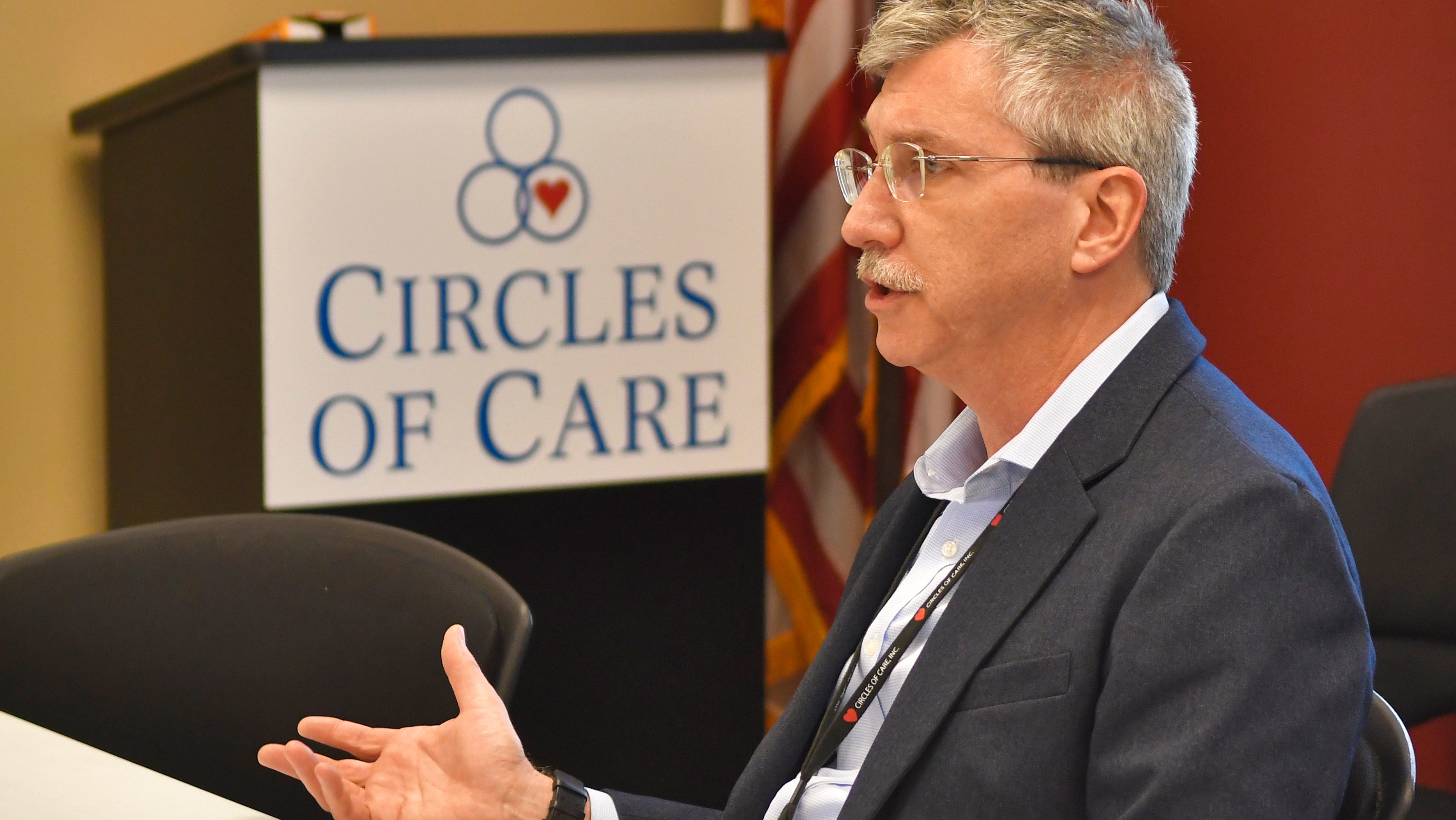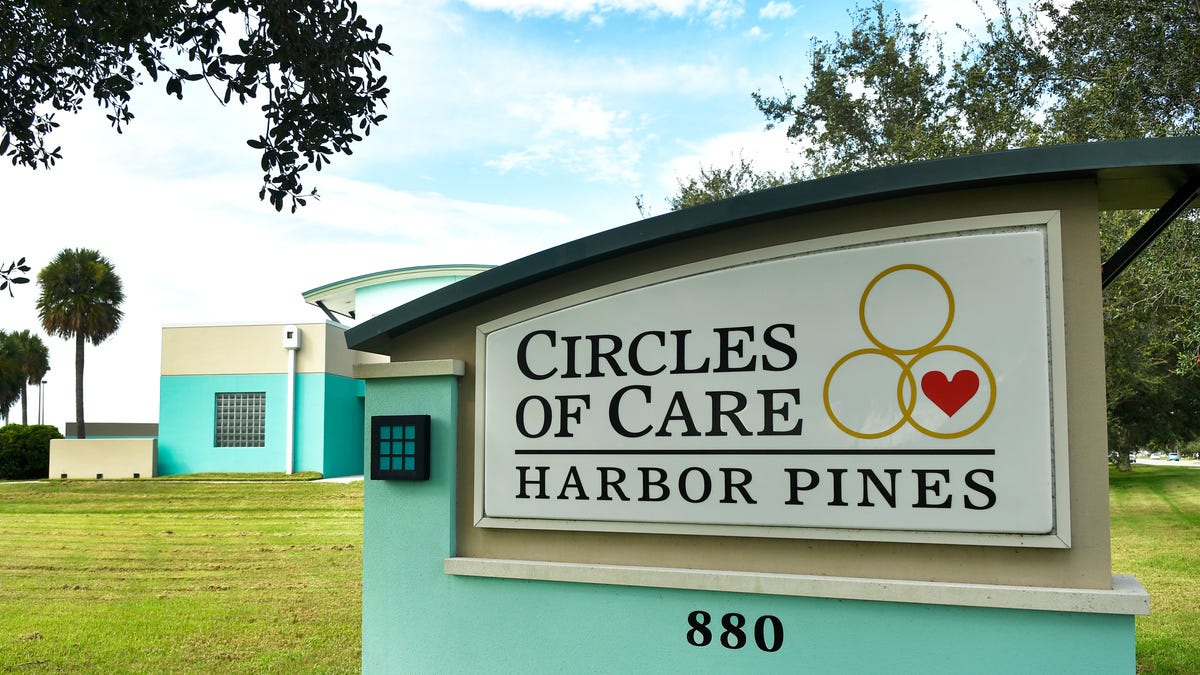
Circles of Care offers services in behavioral health care in Brevard
Circles of Care, inc. offers many services in behavioral health care, and has multiple locations in Brevard County.
- A Baker Act evaluation is a confidential civil medical process, not a criminal matter.
- Employers generally cannot fire someone due to a mental health condition under the ADA.
- A standard 72-hour Baker Act hold will not appear on a criminal background check.
A Baker Act hold might last 72 hours — but its impact can stretch much longer. After discharge, people often find themselves navigating a maze of emotions, appointments and questions about privacy, work and recovery.
So, what can you expect in the days that follow? Is there a record? Can your employer find out — and could this cost you your job?
The good news is that the Baker Act is an involuntary exam and a civil medical process — not a crime. However, it’s important to understand how court orders, licensing questions and workplace rules can have an impact on your life. Here’s what Florida’s rules actually say — what’s protected, what isn’t, and how to navigate the first days after a Baker Act hold one step at a time.
You’re discharged. Now what?
According to Tonya Dix of Circles of Care in Melbourne, the unit’s medical staff start planning your discharge the moment you’re admitted ensuring a smooth transition to outpatient care.
“It also allows us time to coordinate necessary resources and support systems,” Dix said. “Early planning helps identify and mitigate potential risks of relapse or deterioration after discharge.”
It also streamlines the discharge process, so, by the time you leave the facility, all necessary arrangements should be in place including, medication information, coping strategies and an overview of your treatment plan, potential therapies, as well as follow-up care and community resources to support your ongoing recovery.
Immediately after discharge, Dix says it’s important to review your papers, make follow-up appointments, fill any prescriptions — and seek support from trusted friends and family.
Medical privacy: Who actually gets notified?
Your Baker Act evaluation record is confidential under Florida law and the Health Insurance Portability and Accountability Act (HIPAA). An employer can’t see it unless you sign a written release — or a judge issues a court order — and judges grant access only for “good cause” after weighing the need for the information against potential harm from disclosure.
Court records: what the public can — and can’t see
Baker Act case files are exempt from Florida’s public-records law, so you won’t find the petitions or medical details in a routine online docket search. In some cases, the online docket may still display limited items such as party names and a case number. When that happens, the judge can issue an administrative order, which is a standing directive to the clerk to further limit what appears online.
Work and job security: can you be fired?
If you’ve been Baker Acted, you don’t have to tell your employer — and legally, they can’t fire you just because of a mental health condition. Plus, thanks to HIPAA laws, your doctor or hospital can’t share any of your mental health information with your employer unless you say it’s okay.
For employers with 15 or more employees, the Americans with Disabilities Act (ADA) bans discrimination on the basis of disability, including many mental-health conditions. And for workplaces covered under the Florida and Medical Leave Act, — which includes workers at public agencies, public and private elementary and secondary schools and companies with 50 or more employees — you can take job-protected leave for up to 12-weeks, and the medical certification doesn’t have to disclose a diagnosis.
However, you can be fired if you violate workplace rules, have repeated and unexplained tardiness, absences — or don’t do your job well. The law doesn’t shield employees from being disciplined for a failing job performance. But if you disclose your condition and request reasonable accommodations to do your job — like time off for therapy or treatment —they must provide it — unless it would cause an undue hardship or risk. They are also required to keep the information private.
Background checks: What’s public — and what isn’t
While the Baker Act won’t appear on standard criminal background checks, that doesn’t mean it can’t show up somewhere.
It may appear on certain specialized background checks for specific professions or government security clearances. For example, when applying for professions in law, medicine and teaching — you may be asked specific questions about mental health history, including involuntary commitments — and lying on these applications can lead to denial of employment, disciplinary action by the licensing board, and in some cases, criminal penalties.
Firearms and concealed carry after a Baker Act hold
A routine 72-hour Baker Act evaluation does not, by itself, bar you from buying a firearm or from obtaining or keeping a Florida concealed weapon or firearm license.
While Florida does report court-ordered involuntary placements and commitments to state and federal firearm-prohibition databases, the reporting threshold is higher than the 72-hour hold for the initial examination and mental health evaluation involved in a Baker Act.
However, if after the 72-hour-hold, you are still found to be a danger to yourself or others and a judge orders further involuntary placement or commitment, those court orders are reported to state and federal databases that block gun purchases and can lead to license denial or revocation.
This reporting is supported by a Journalism Funding Partners grant. Mental Health Reporter Jennifer Torres can be reached at JMTorres@gannett.com.
